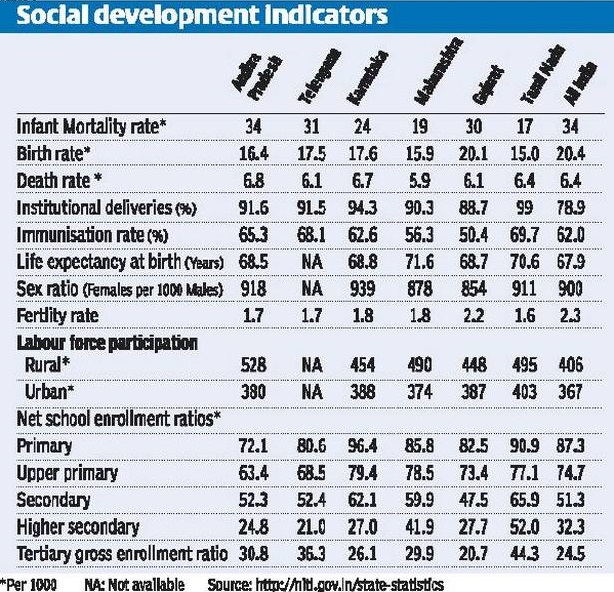7667766266
enquiry@shankarias.in
What is the issue?
What is the Fiscal status of TN?
What are the concerns with TN’s Fiscal status?

What are the reasons behind TN’s fiscal condition?
Source: Business Line